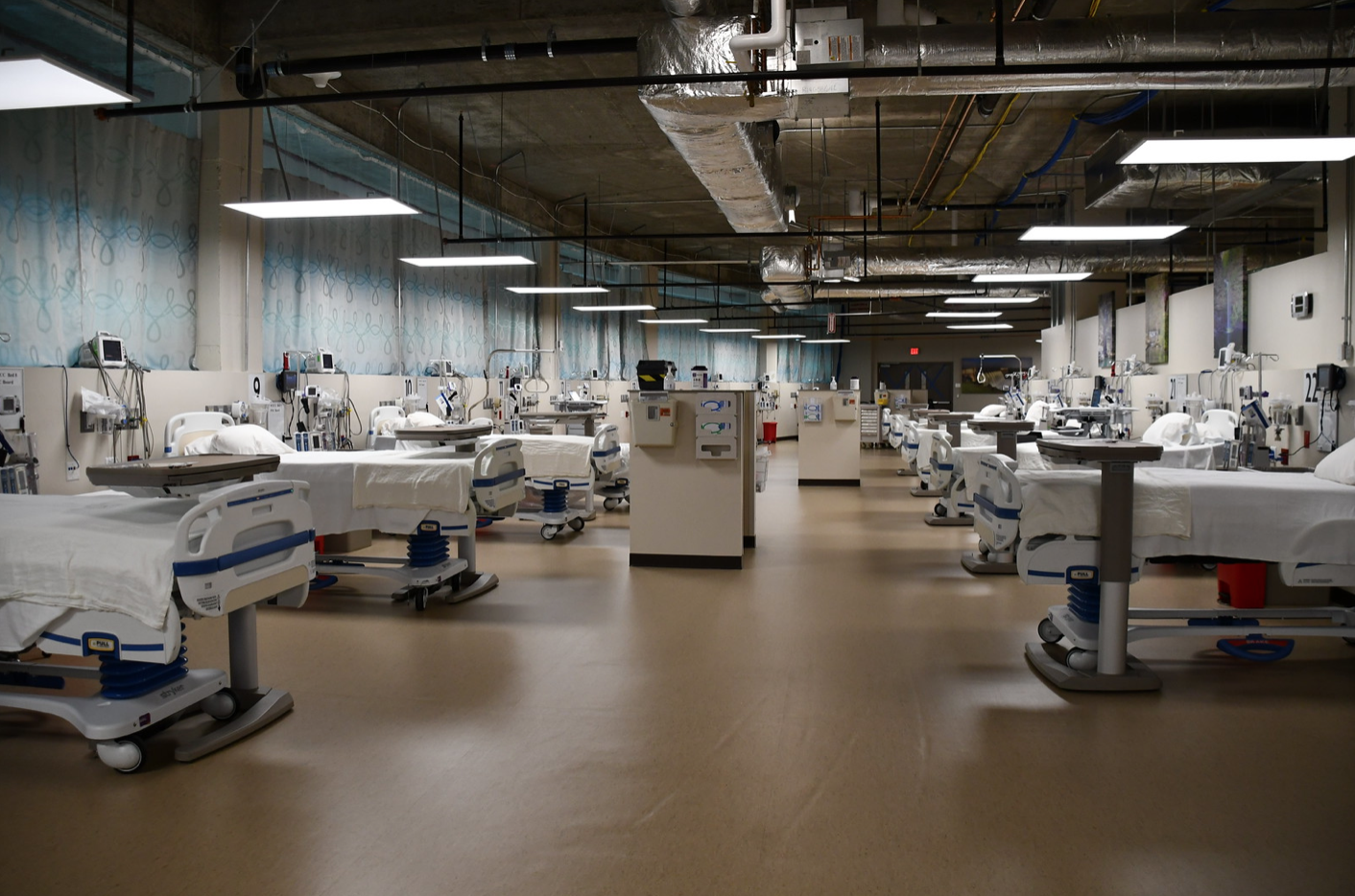JEFFERSON CITY, Mo. — During the Parson administration’s daily COVID-19 briefing Wednesday, Missouri’s top health official announced a new method being used in Missouri.
“Just to show you how complex testing can be, there’s a new test, antigen test, and that’s now come out,” Department of Health and Senior Services (DHSS) Director Randall Williams said, noting it is being utilized in Missouri. “We’re in the process of developing a reporting system for that which will be separate and distinct from the other two.”
As Missouri officials have ramped up efforts to test Missourians for coronavirus, the health department has kept track of testing efforts, positive cases, hospitalizations, and more on an interactive online portal. It’s there that the state provides data on PCR and serology testing, including the number of Missourians tested, percentage of positive cases, and other demographic information.
Williams has said he wants the various methods distinctly reported and also takes a “holistic” approach when analyzing results gleaned from testing.
“So if I looked at a group of the LabCorp home tests, where I knew that people were sampling themselves, versus a group where I knew they went into a clinic, I’d have to factor that into my thinking.”
Here’s a look at the various types of COVID-19 testing being done in Missouri. (This story will be updated as more information becomes available.)
PCR
A PCR (or diagnostic) test can determine if a person is actively infected by coronavirus. The test “looks for the viral RNA in the nose, throat, or other areas in the respiratory tract to determine if there is an active infection with” the virus that causes COVID-19, according to DHSS.
As of Wednesday, more than 165,300 Missourians had received this type of test; 12,275 received positive results.
According to the FDA, a positive result from this test does not necessarily rule out a bacterial infection or a co-infection with another virus.
Antibodies
Missouri is also testing antibodies to determine if an individual had COVID-19 in the past through a serology test. A positive result from this blood test could mean the person had been infected by coronavirus already and “their immune system developed antibodies to try to fight it off.”
Nearly 20,000 Missourians have received this test, and 813 people (or about 4 percent) have been positive.
The Centers for Disease Control and Prevention (CDC) has warned antibody testing can often yield false positives in low prevalence areas — in some cases up to half the time.
Serologic test results shouldn’t be used to make decisions about returning to the workplace or regarding grouping people in congregate settings, such as schools or correctional facilities.
“That’s where we get back to what we’ve always said in all of this: You’ve got to treat the patient, not the chart. So when you’re doing these tests … you have to look at the prevalence and positive predictive value and factor that in,” Williams said.
Antigen
Antigen testing is done by a nasal swab, and it’s a “quicker” method of testing, Williams said — albeit, it’s most likely not as accurate as the PCR testing.
Missouri is still waiting on guidance from the federal government on this method of testing, but Williams predicted “there’s going to be lots of them done because they’re inexpensive.” He estimated it would be used in more “wide-scale” screening situations.
It’s unclear at this time how much antigen testing has been done in Missouri or where it’s been utilized.
For a look at the positive COVID-19 cases throughout Missouri, click here.
EDITOR’S NOTE: For up-to-date information on coronavirus, check with the CDC and DHSS.

Kaitlyn Schallhorn was the editor in chief of The Missouri Times from 2020-2022. She joined the newspaper in early 2019 after working as a reporter for Fox News in New York City.
Throughout her career, Kaitlyn has covered political campaigns across the U.S., including the 2016 presidential election, and humanitarian aid efforts in Africa and the Middle East.
She is a native of Missouri who studied journalism at Winthrop University in South Carolina. She is also an alumna of the National Journalism Center in Washington, D.C.
Contact Kaitlyn at kaitlyn@themissouritimes.com.





















